In this article you will read:
Investment in Iran’s Construction Projects
1. Introduction
With property values exceeding those of similar-sized countries, Iran has seen a recent boom in the real estate market over 2014. Encouraged by the country’s youthful demographic trends, investors are increasingly putting their faith in real estate, which has stood the test of time as a safe, fixed asset. At the same time, contractors and consultants have spotted opportunities throughout the country in terms of catering to both tourists and local residents seeking modern and convenient new homes. Investors are also eager to invest in these projects, which will satisfy growing demand and guarantee returns for years to come.
Growth is also occurring in the country’s infrastructures. Iran’s government and public sectors try to build or renovate infrastructures all over the country which provides great opportunities for investors to invest in these projects by setting up public-private partnerships (BOT, BOOT, Joint venture, etc.). Such projects offer a favorable interest rate for investors’ capital. In recent years, the construction industry has been thriving due to an increase in national and international investment to the extent that it is now the largest in the Middle East region.
2. Construction Contracts
What forms of contract are used in Iran’s construction industry depends on the position of employers (owners).
If an employer is a private individual or a legal entity from the private sector, any sorts of contract can be applied between the employer and a contractor. Contracting parties can negotiate almost any types of project delivery mechanism such as Design-Bid-Build, Design and Build, EPC, turnkey etc.
On the other hand, if the employer is a government or public organization, there is a limited ground for negotiation upon choosing a contract form. Government and publish sectors in Iran are required to utilize pre-designed forms of contract which have been issued by the government.
3. Selection of a Contractor
In the private sector of Iran, employers are able to negotiate with contractors directly so that they can find an appropriate contractor who has technical knowledge and adequate resources to implement the project.
However, government institutes are required to use tendering process in order to choose a contractor for implementing public projects. Tender’s Law of Iran which was passed in 2005 provides in its first article that:
“All three powers of the Islamic Republic of Iran shall follow the stipulations of this Law in organizing a bidding; this includes: ministries; public organizations, institutions, and companies; profitable institutes affiliated to the Government; public financial establishments and banks; public insurance companies”…
Tendering Process in the state and public organizations of Iran is not an open one, but it is subject to a pre-qualification procedure after which bidders are short listed and invited to bid for the project.
Based on article 12 of the Tender’s Law: “In pre-qualification of bidders, the following shall be taken into account: (i) Guarantee on quality of services and goods; (ii) Experience and knowledge in the relevant field; (iii) Reputable record; (iv) Work permit or qualification certificates, if necessary (v) Financial capacity of the bidder for implementation, if necessary”.
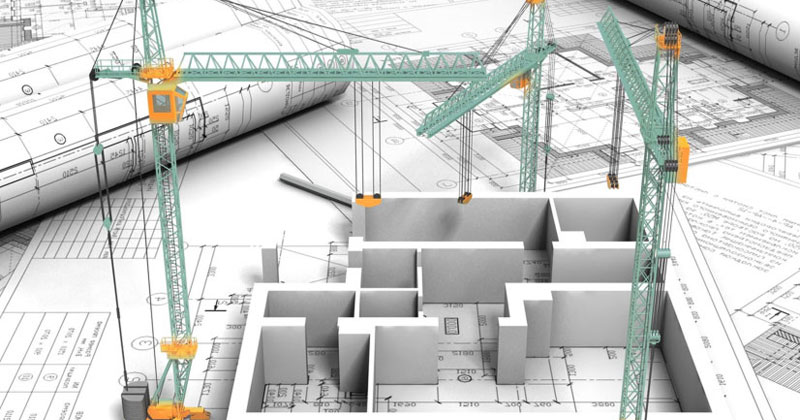
4. Pricing Methods
Contracting parties in the private sector are free to take any kinds of pricing method that they wish. Depending on the conditions of a project’s site and other factors, parties can choose one of the pricing methods such as lump sum, cost plus, remeasurement, time charge, estimation etc. However, in the state and the public sector, the employer determines the pricing method which is often known as “unit price” contract. This kind of contract is based on estimated quantities of items included in the project and their unit prices. The final price of the project is dependent on the quantities needed to carry out the work.
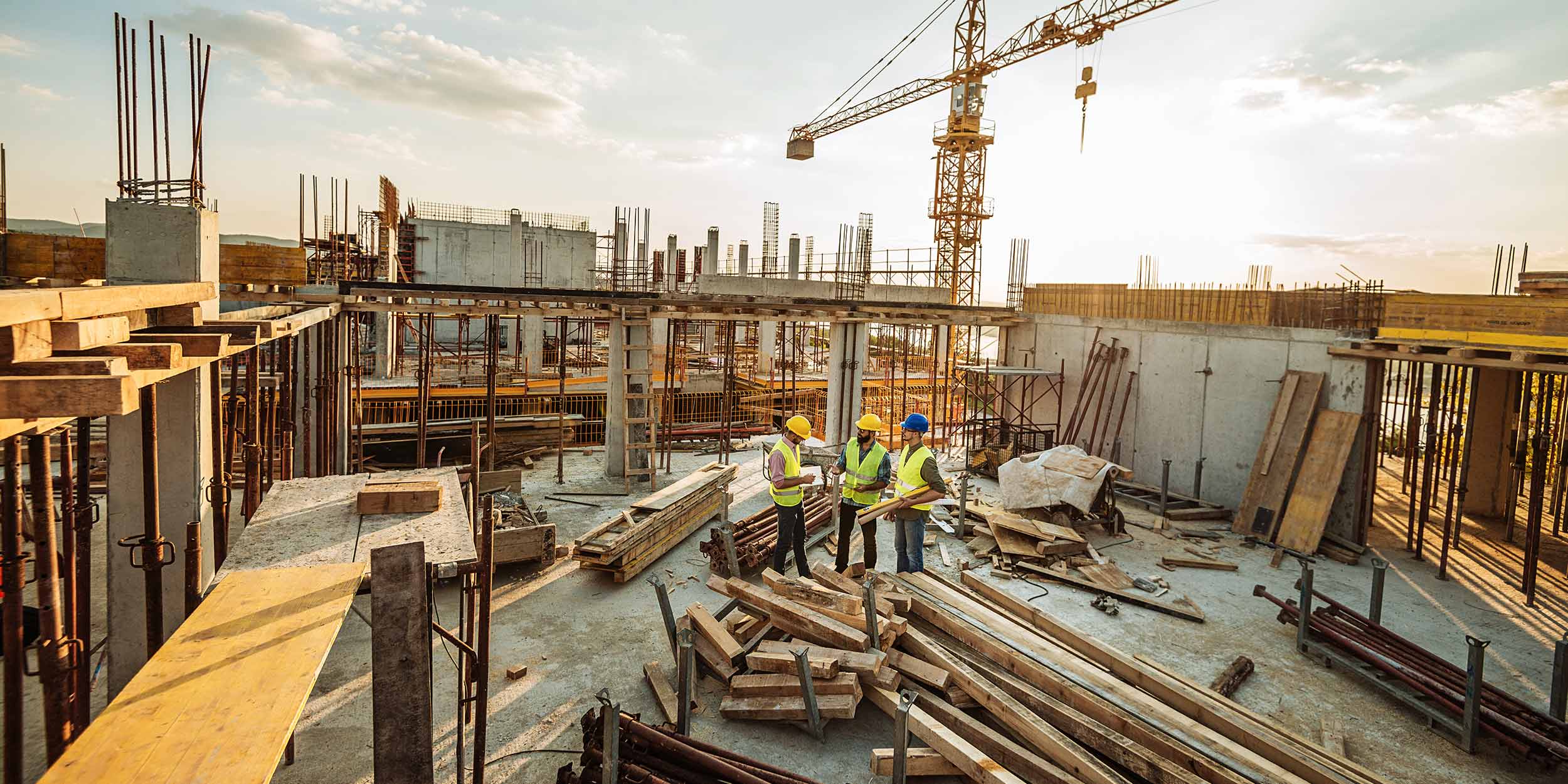
5. Dispute Resolution
Similar to construction industry of many other countries, most of construction contracts in Iran refer to “Alternative Dispute Resolution” techniques to solve related disputes. Negotiation and mediation are usually applied to resolve such disputes, even so, contracting parties can agree to resort to arbitration or litigation if their dispute remains unresolved.
On the other hand, where the employer is a representative of the state or public sector, a dispute resolution mechanism has already embedded in the construction contracts and it is not open to free negotiation.
Although such construction contracts stipulates ADR methods in their pre-designed terms, there are notable differences between practicing ADR methods according to these contracts, and well-known procedures of performing them in other disputes. As a result, it is advisable to seek legal advice before signing construction contracts.
Our team is composed of highly skilled and versatile lawyers who combine practical experience and academic knowledge of their field. Most of our practitioners have worked in different professional environments, often outside their home jurisdiction.
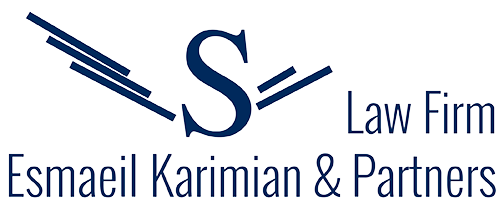

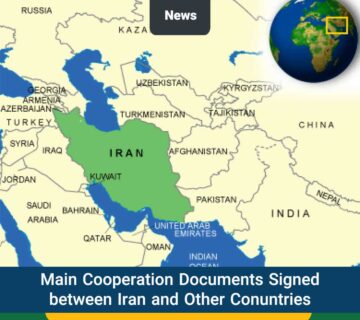
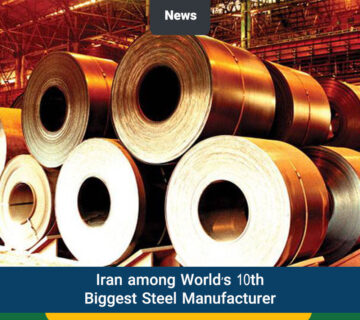

No comment